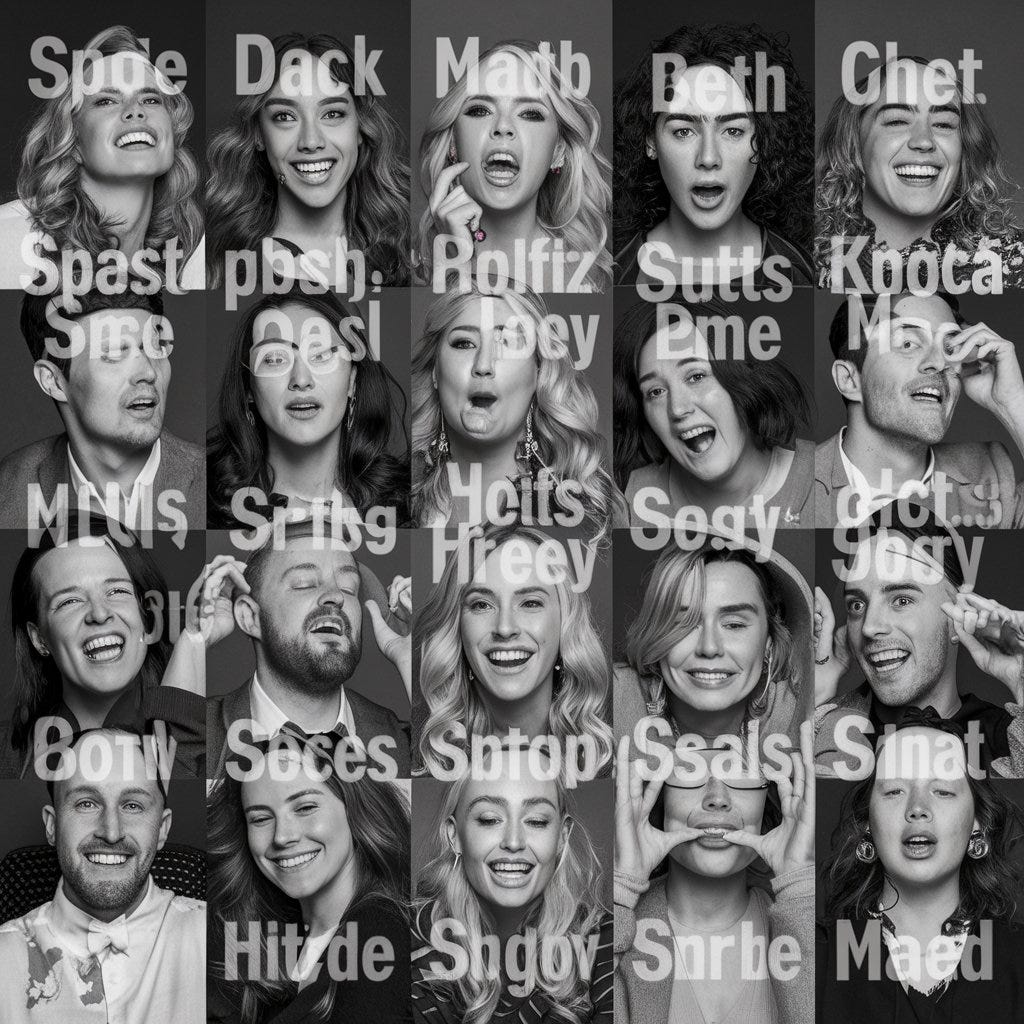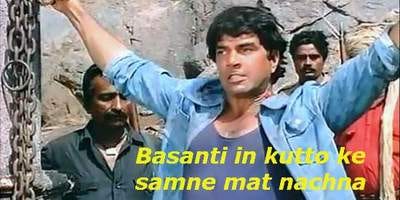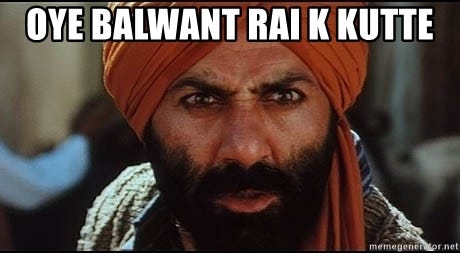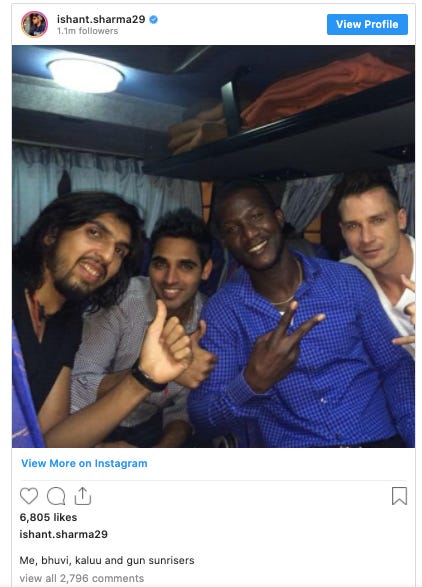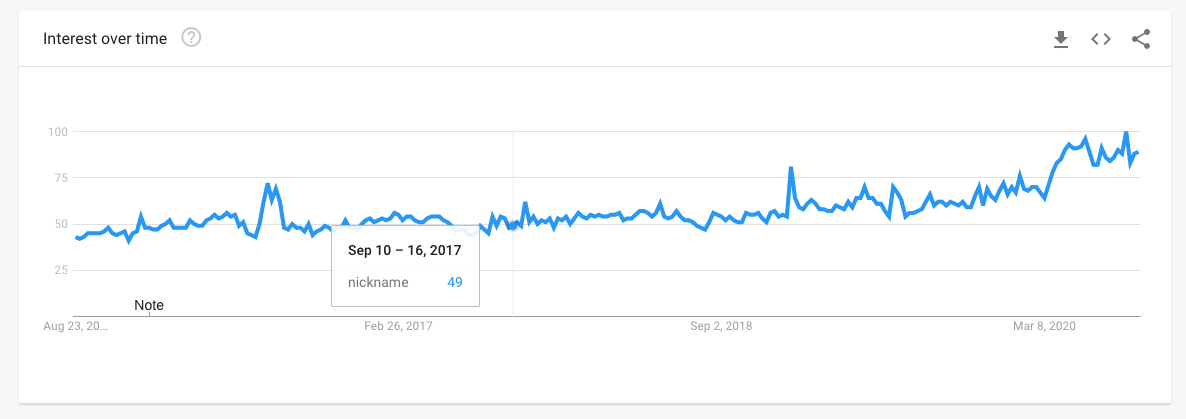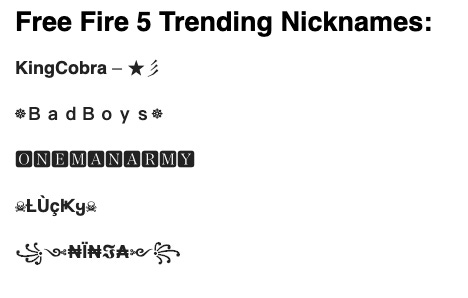What’s in a name…a nickname?
Sometimes what we use as a term of enderment for someone and is completely harmless in our heads, could be acts of microagression.
“Panda” as in the Panda in the giant Panda.
I had this nickname in school. I don’t even remember what’s the backstory of it – how that came about and who gave it to me. It seems like it always was there. As time passed, I got so used to it that by chance my real name (that is mentioned on the legal documents) was mentioned, I took more than a moment to realise and respond.
And when I start thinking about nicknames, the scene from a quiz contest in seventh grade flashes in front of my eyes.
It was the finals of an intra-school quiz and the quizmaster read out slowly – “How is Edson Arantes do Nascimiento better known as?” I had no clue who he was.
And I wondered (and still do!) why would someone have such a name and let the world call him something else.
This must have been the story.
Edson Arantes do Nascimiento is born and the doctor declares it to the parents – “Congrats ! It’s a boy!” Then the elated dad turned to the mom and asked her – “What do we call him?”
She blurts – “How does Edson Arantes do Nascimiento sound?”
“That sounds great but when he grows up, obviously, the whole world will call him something else. Something simple. We will worry about that later.”
That’s the story of the birth of Pelé – the legendary footballer.
This post is going to be about nicknames. About the good, bad and ugly of it. And about the rise and fall of it.
Starting off, the culture of nicknames is one of the most pervasive cultural traditions that transcends geographies and time.
History of Nickname as per Webster Dictionary
….It might look like a nickname is a compound noun formed by adding nick and name together, but the actual history of this word is a bit more complicated. It was formed by meta analysis, or the changing of the division of words based upon how they sound together. In this case, the Middle English word eke, meaning “also” or “in addition,” was joined with name to form ekename—literally, “also-name,” used for a secondary or unofficial name in the late Middle Ages. Over time, an ekename became a nickname presumably because eke had become less familiar as a word. Needless to say, nick in this case doesn’t mean “also” or anything else, it just represents a comfortable and familiar alternative to the word’s original spelling…
It’s been there since the time of Vikings in the 10th century and it’s still there.
And it’s culture that has spread across the world.
Most Latin American countries have a culture of giving nicknames. It’s a signal of saying that you belong.
Most Chinese have a Chinese name and an English name which is a nickname that they give themselves. It’s a defense against the rest of the English speaking countries from butchering their names.
Closer home, we have a culture of having a call name or as Bengalis would put it daak naam. This stems from the intention of the parents to make it more affectionate.
And we just talked about the ‘acceptable’ cultures – which a person willingly accepts.
Then there are NICKNAMES that just stick.
Looking at it, there are three origins of these nicknames
The momentary mishap that stuck for a lifetime.
There’s a moment that comes in everyone’s life when you wished that hadn’t happened to you. And that’s not because you repent your mistake. Rather, you sincerely wished nobody else had found it out, you could have just taken that incident to your grave deeply buried inside your heart. But in the real world it was public and then it became your identity and people who weren’t even present there and have no clue started calling you with that name.
You peed your pants once in Class 5th and you are known as the “Fountain” for the rest of your life.
In F.R.I.E.N.D.S, Chandler was “skid mark”. Do I need to explain?
Call-out as you see it.
You have a distinctive feature or trait in a group. You are known by it. This, I don’t think, has a malicious intent, it just is a call-out of your features
You are fat, you will be called Fatty or Motu
You have a receding hairline, you will be called Baldy, Ganju
You panic just before something important, you will be called Phattu (which translates roughly to – you shit yourselves)
The subliminal discriminatory slur which we don’t realise (often!)
This is the topic I wanted to address.
Bullies have been there since humanity has existed. Fairer race bullied the darker ones, Upper castes bullied the lower castes, and so on.
Bullies call you by nicknames – names that remind you of your status.
There have been regulations and efforts to consciously erase this but still they continue, and in most cases that goes unnoticed till a furore erupts.
And our popular media also hasn’t been doing much to recover it.
The loyal aides have always been called “Kutte” – Dogs. Remember Hound from Game of Thrones.
In the most iconic movie of Hindi cinema, this guy called them Kutte
A few years later – Like father, Like son
But that’s how it has been.
We see a dark guy and call him “Kalu” (Hindi for Black). We call some people “Chamaar” (Hindi for lower caste).
This may be okay with a lot of us. But this is clearly a case of Microagression
Microaggression is a term used for brief and commonplace daily verbal, behavioural, or environmental indignities, whether intentional or unintentional, that communicate hostile, derogatory, or negative prejudicial slights and insults toward any group, particularly culturally marginalized groups
This photo posted by Ishant Sharma created a lot of controversy with people denouncing the racial nickname – Kalu – which was derogatory for the blacks. Sammy apparently thought that it meant strong stallion or something. This is happening with International stars.
In one landmark judgment, India announced a jail-term of 5 years for someone who addressed a anyone from North-east India as Chinki. That’s one of the rarities where we have traversed the innocuousness of nicknames and called it out for what it was – a racial slur.
During the 1950s and 1960s, some black American leaders, notably Malcolm X, objected to the word Negro as a nickname for African Americans because they associated it with the long history of slavery, segregation, and discrimination that treated African Americans as second class citizens, or worse. It might have fallen out of favor officially but still continues to be used.
Very recently, the Punjab high court pulled up the cops who called a black man – Negro.
Several Pro- and College-sports teams have junked their old racial names and mascots for more neutral ones.
Now, at least, we are trying to put on some effort to end this.
As I was going through this, I looked at how the usage of nicknames has changed over time.
This is how people are searching for “nickname” on Google
This continuous rise in the interest in Nickname was intriguing.
When it’s so pervasive a culture which has been there for centuries, why has this suddenly increased in the last couple of years?
The answer is an entirely different use of nickname which our parents won’t be aware of – Games, especially MMORPGs – Massively multiplayer online roleplaying game. Garena Free fire is the latest craze. Before this it was PubG and before that Pokemon Go.
People are searching for nicknames which will be their online identity. The need to stand out is what is driving these nicknames
I don’t think anyone will ever choose “Kalu” or “Kutta” or “Negro” as their screen name.
So I urge, next time, we call someone by a nickname, let’s just be aware, it might be affectionate in our head but it could be chipping away at someone’s self worth – one call at a time.

